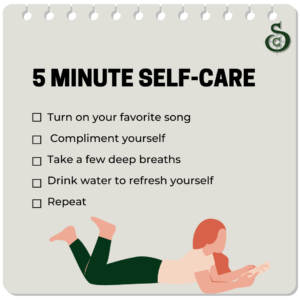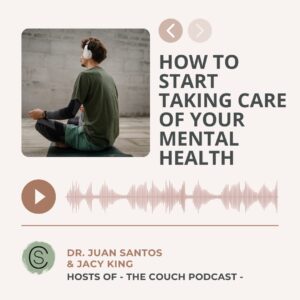Dealing with Loneliness and Building Social Connections
According to the CDC, loneliness is linked to serious health conditions ranging from increasing the risk of heart disease to an association with higher rates of depression and anxiety. Health conditions that can impact children and adults. A report from the NASEM found high rates of loneliness in persons aged 45 and older.

Understand The Health Risks of Loneliness
It’s important to know there is a difference between taking a social break and social isolation. Taking social breaks is healthy and can include wanting to be alone after a long day of work, such as going for a solo walk or wanting to read alone. On the other hand, social isolation is a loneliness in which you are socially isolated from others. Typically, this is for an extended time. If you are experiencing any of these symptoms please contact us. We are here to help.
Research shows that social isolation can lead to the following risk factors:
- Higher risk of dementia.
- Increase risk of stroke.
- Increased risk of hospitalization.
- Poor social skills.
- Increase risk of heart disease.

3 Strategies for Overcoming Loneliness
1. Acknowledge Your Feelings
The key step to overcoming loneliness is to acknowledge and accept your feelings. So, if you are feeling lonely, know that it’s important to hold space for this feeling rather than pushing it away. Look at it this way, if you rolled your ankle while playing basketball you would want to address the issue rather than continue to play.
It’s okay to feel lonely.
A helpful exercise that can work to support you in recognizing your feelings is journaling. You can write each day with a focus on developing awareness. This exercise over time will show you what you are feeling.
2. Focus on Quality Relationships
Addressing loneliness can begin with exploring the current relationships that you have. A strategy is to take a step back and identify if you are actively working on nurturing and strengthening the relationships that you have around you. I like to think about quality over quantity when it comes to relationship building.
As an exercise try to reach out to a peer and engage in a common activity.
3. Seek Professional Counseling
Reach out to our counseling office. We are here to support you every step of the way. If loneliness continues and starts affecting your mental health, consider reaching out to Santos Counseling. Working with a counselor can provide support and strategies tailored to your specific situation. Together with the counselor, you can work on developing healthy communication skills, addressing difficult feelings, building resilience, and learning new coping mechanisms.
4 Common Causes of Loneliness
When clients reach out to us, we often talk about two items. One is the causes of loneliness and the other includes the impact. Loneliness can take place for many reasons. One is connected to the flow of life. In the first point below, you’ll notice life transitions.
- Life Transitions: Major life changes such as moving to a new place, starting a new job, or the end of a relationship can trigger feelings of loneliness. This can include divorce. It can be extremely difficult to go from knowing many groups of people to separating and feeling alone or in a “odd” place.
- Social Isolation: Physical separation is something that often takes place with the elderly, veterans, or those with disability. This can take place after experiencing a major injury that leads to a disability. The disability then makes you feel alone or as if others do not understand and perhaps treat you differently. The change can lead to feeling alone and over time isolating yourself.
- Mental Health Issues: This can include mental health difficulties such as depression and anxiety. Both of these can together or independently contribute to feelings of loneliness.
- Cultural and Societal Factors: Relocating from one country to another can be a true challenge. Yes, social media can hold certain connections. However, it may not fill the whole. You may continue to experience sadness which can lead to depression and social isolation. This can take place due to the reduction in face-to-face interactions.





